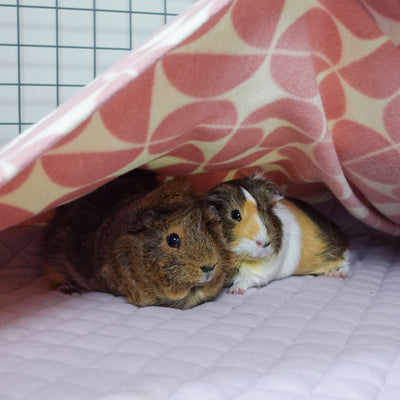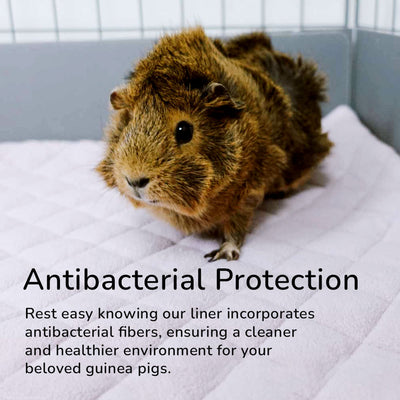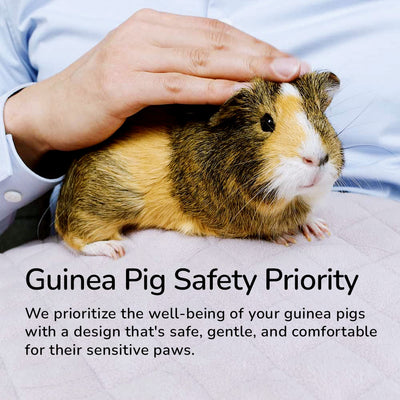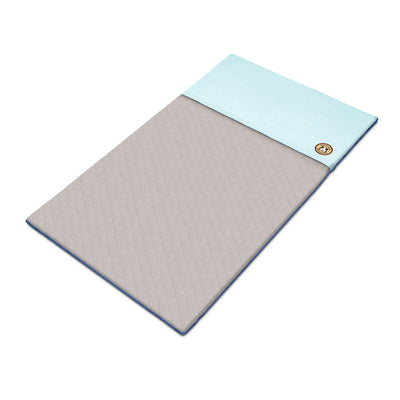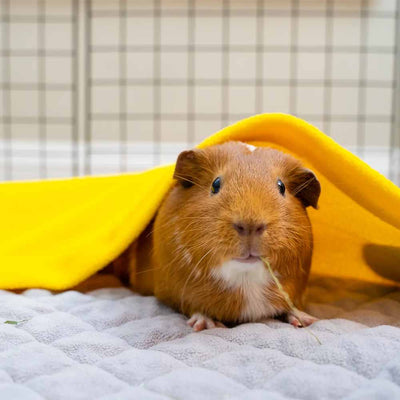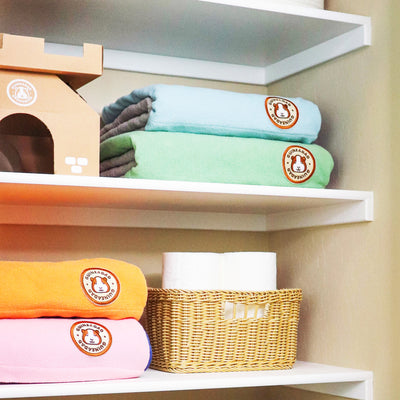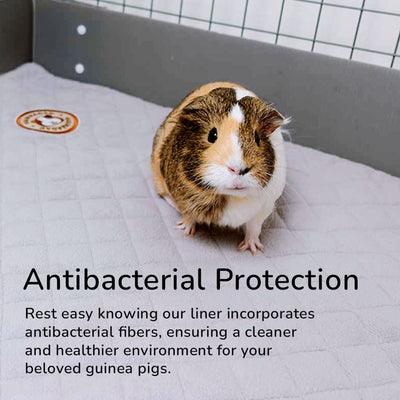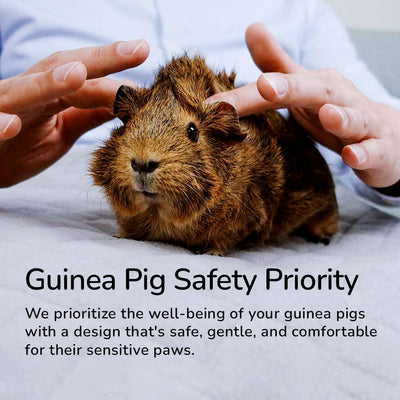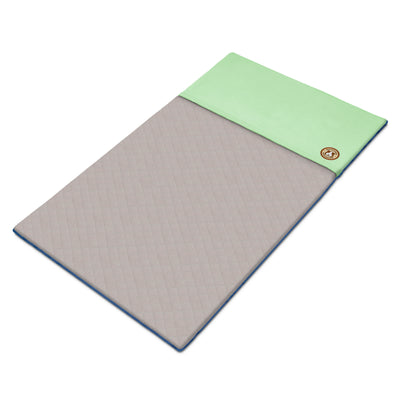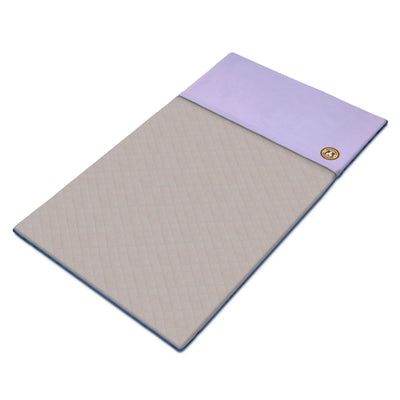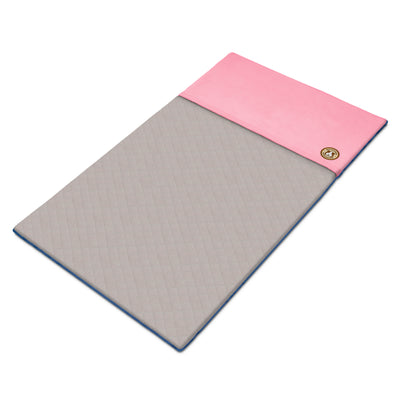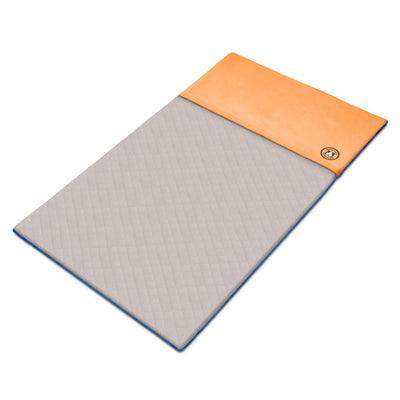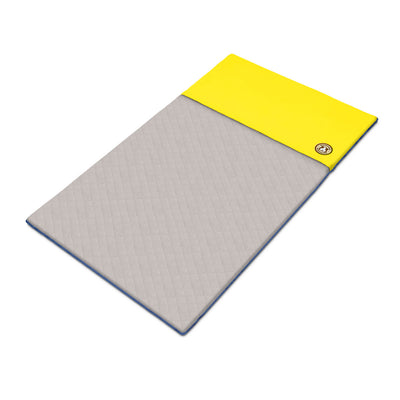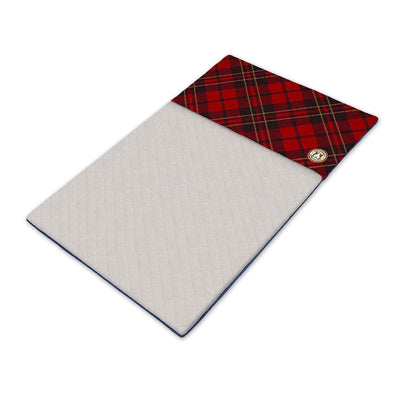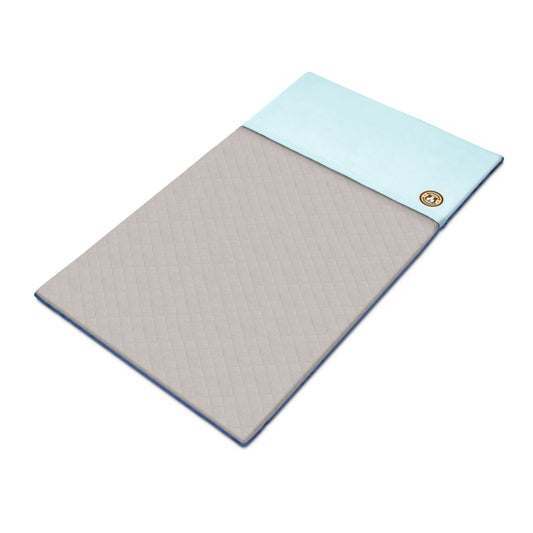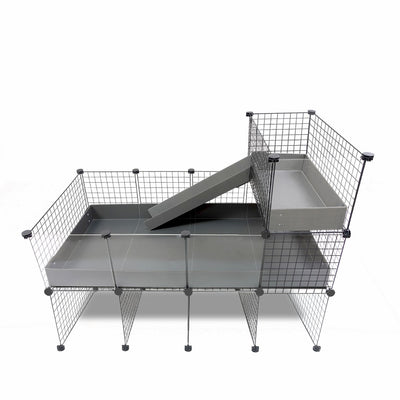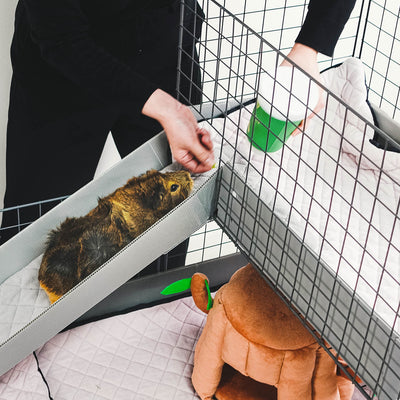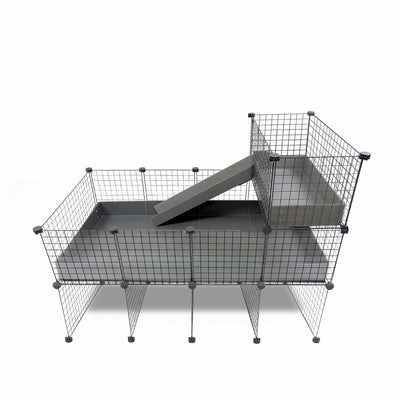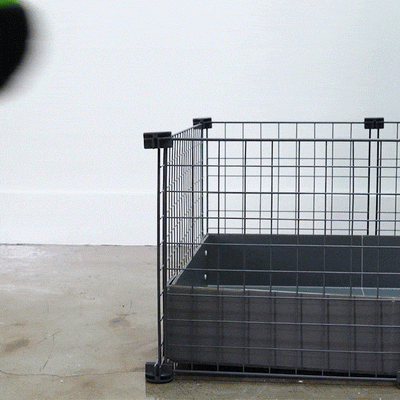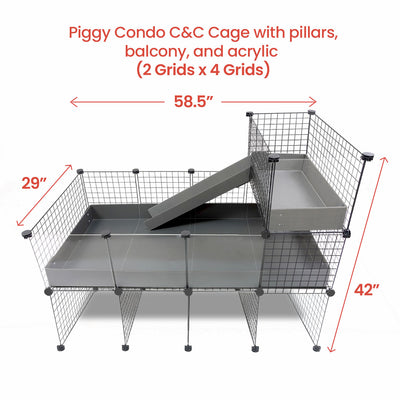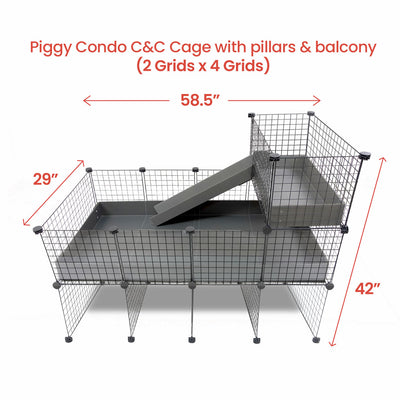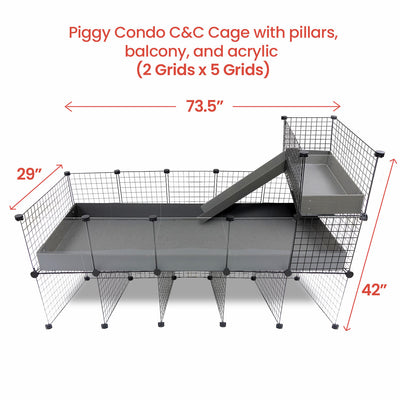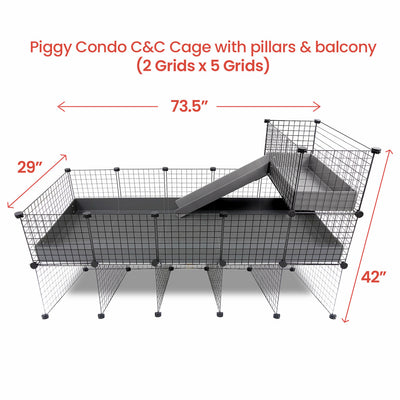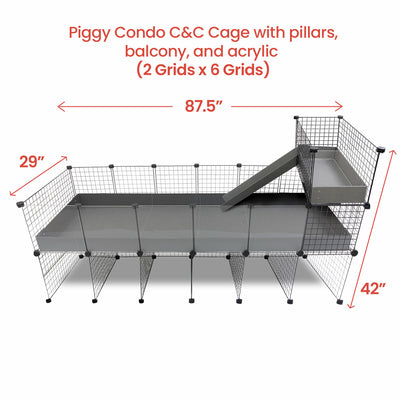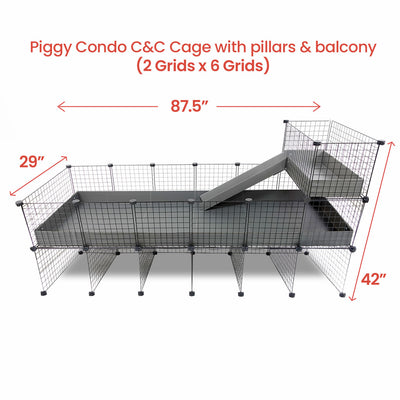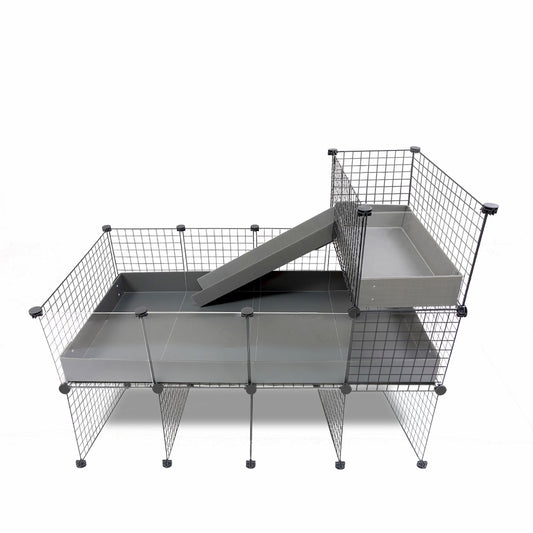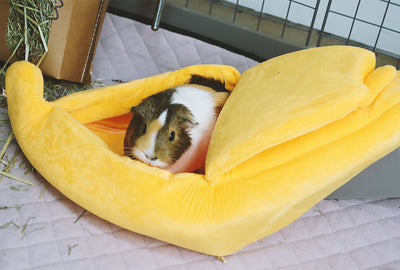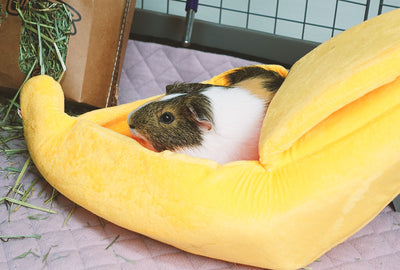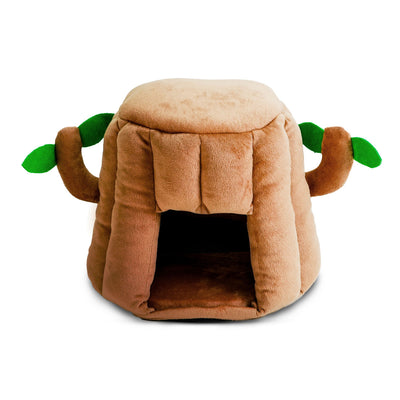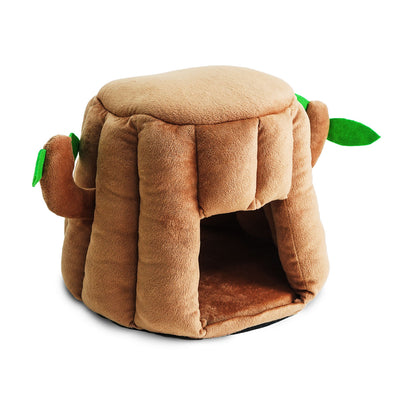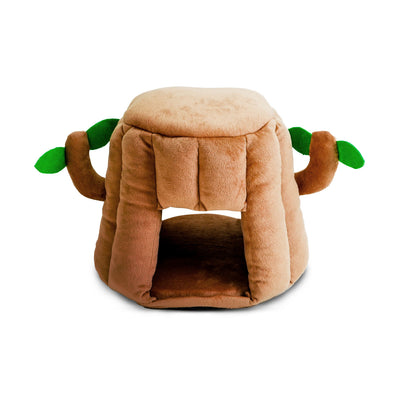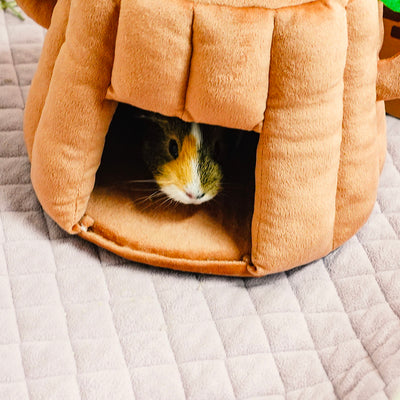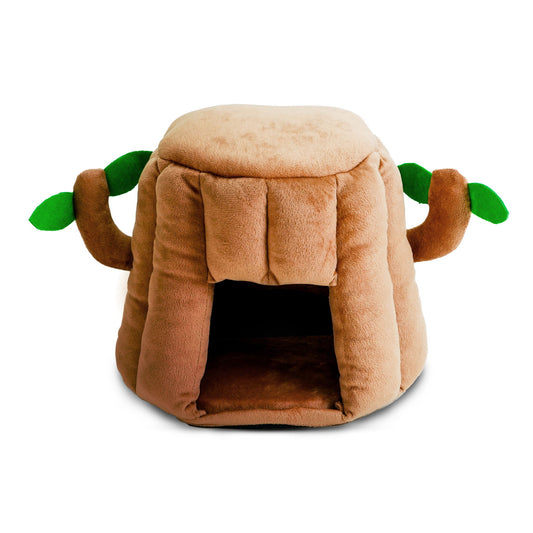In guinea pigs, coughing is not as common as sneezing is. In a study done on guinea pig airways and what elements increase their sensitivity, it was found that coughs and respiratory sensitivity are more likely to occur when there is a presence of respiratory infections. This is why it is such a big concern if your guinea pigs are coughing in general.
What is a cough?
Generally, coughing is the body’s defense mechanism to foreign materials in the airways whether it’s in humans or guinea pigs. In fact, human and guinea pig respiratory systems are pretty similar! We both cough and sneeze as ways to clear out our throats and noses, and an excess of both these things are usually signs of illness or infection for both parties.
There are nerve signals that the brain sends to the body when it senses the foreign materials we mentioned before, and it tells the body to cough. Obviously, this is in the cases where the coughing isn’t self-induced or voluntary. This can be a problem if it’s a chronic and persistent cough.
Why is my guinea pig coughing?
There are several things that could cause your guinea pig to cough. The most common cause is that there is irritation in their windpipe, as previously mentioned. This can be strong odors or scents, from eating too quickly, or dust particles in the nasal passages that need to be cleared either by sneezing or coughing, or both.
Sometimes, coughing or sneezing can be due to allergens in the guinea pig’s living environment. To read more on this subject, you can check out our blog post on guinea pig allergies, as well as why guinea pigs sneeze. It’s important to note that there is a difference between sneezing and coughing occasionally like we do, and coughing non-productively.
Coughs that are considered “non-productive” are also known more commonly as dry coughs, which means they’re not doing anything to clear out respiratory passages and don’t produce phlegm or mucus. Coughing can be one of the signs that your piggy is having trouble breathing if it’s occurring outside of situations that aren’t involving food or other factors that could make their body react that way naturally.
Most commonly, coughing in guinea pigs is caused by the presence of dust in their cages, which can cause upper respiratory infection. This is especially true if their bedding is paper shreds, wood shavings, or if there is too much hay dust around them. In our blog post about guinea pig bedding, we detail how wood shavings have toxins that can destroy the cells of your guinea pig’s lungs and trachea. The best way to prevent this is by utilizing washable and reusable guinea pig beddings that you can easily vacuum and clean.
Fleece is the healthiest and safest choice, and GuineaDad has you covered (literally!) on that end. The GuineaDad Liner and GuineaDad Premium Liner are both bedding options that you can switch over to from paper shreds and wood shavings. Because of the quilted stitch pattern, it makes it easy to vacuum without sucking up the fabric! You can quickly spot clean away poop and any hay dust, and urine gets absorbed quickly while the liner dries quickly as well. You don’t have to change bedding as often too—the liner can be switched out and washed once a week. You can also eliminate odor!
Hay dust is also harmful because it can irritate the respiratory system and cause guinea pigs to be more susceptible to the infections we mentioned previously. The dust forms when hay is left in piles and guinea pigs run through it and kick it around. Of course, the presence of dust can be reduced if you’re spot cleaning your guinea pigs’ cage and vacuuming it as soon as you notice. You can also feed your guinea pigs using hay feeders that reduce the amount of hay dust that is formed.
The GuineaDad Hay Bar and the GuineaDad Hay Box are two good alternatives to traditional hay feeders and hay racks. This is because the hay is densely packed and micro filtered to remove dust and other kinds of harmful debris. The Hay Bar and Hay Box are both designed to reduce dust, so it’s the perfect choice to prevent coughing in your guinea pigs.
Signs the cough is serious
Guinea pigs can cough once or twice a day without cause for any concern, and that’s when there’s a cause—such as them eating too quickly or a similar prompt. However, when it turns into coughs that are also followed by labored breathing or difficulty breathing, breathing too quickly, discharge from the nose and mouth, lethargy and increased hiding behaviors, and inability to eat or drink, it’s time for a visit to your veterinarian.
It’s important to be observant and to make sure that you’re keeping an eye on your guinea pigs and their behaviors—it’s the fastest way to gauge when something is wrong and the fastest way to seek out treatment and help for them!
If your guinea pig is showing signs of respiratory infection, treating them as quickly as possible should be a priority because URIs can quickly become fatal.
Treatments for guinea pig coughing
If your guinea pig has a URI, your exotic veterinarian can prescribe them a course of antibiotics as well as other medications to regulate their symptoms. Make sure to ask how long you should wait and expect to see results. This way, you’re able to go back and see your vet again if there are no improvements and they can figure out what to try next.
Keep in mind that recurrent upper respiratory infections can also be a sign of heart problems. Make sure to never administer any kind of treatments, even over the counter ones, without getting a professional medical opinion.

Stay observant
You are your guinea pig’s biggest health advocate, and it’s important that you keep a close eye on your guinea pigs! The quicker that you’re able to notice any symptoms and signs of illness and infection, the quicker that you’re able to help your piggies and make sure they are safe and healthy.












